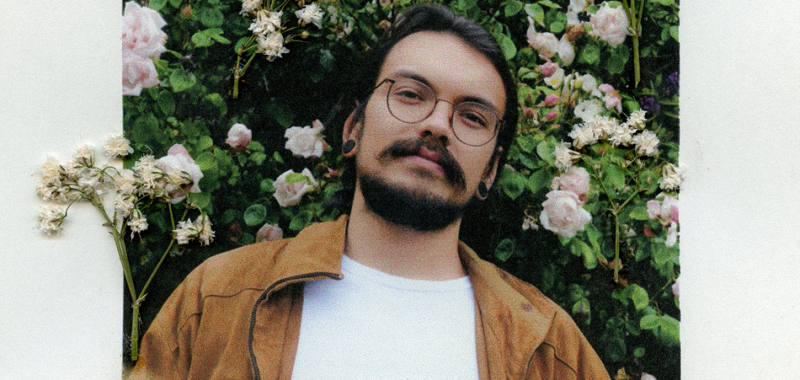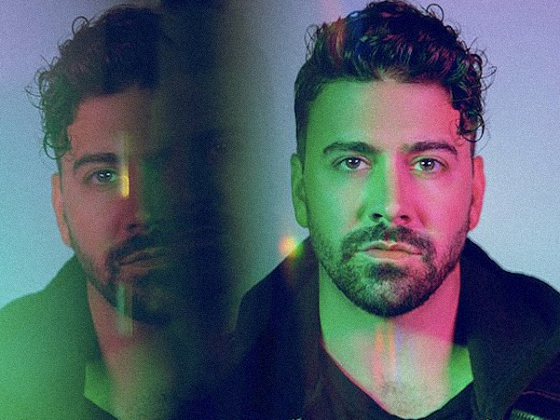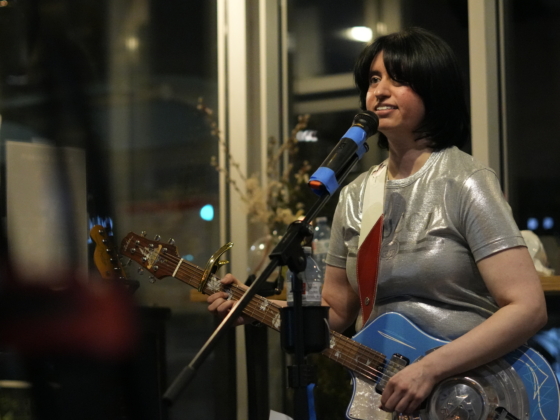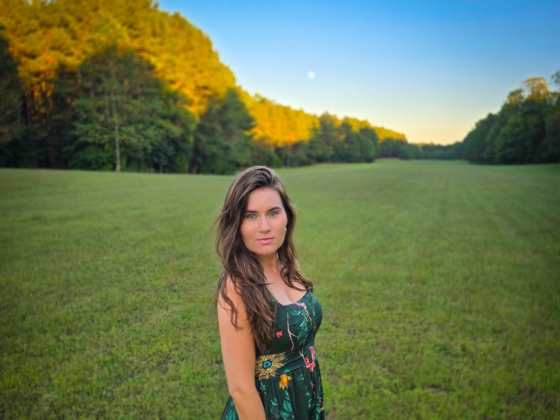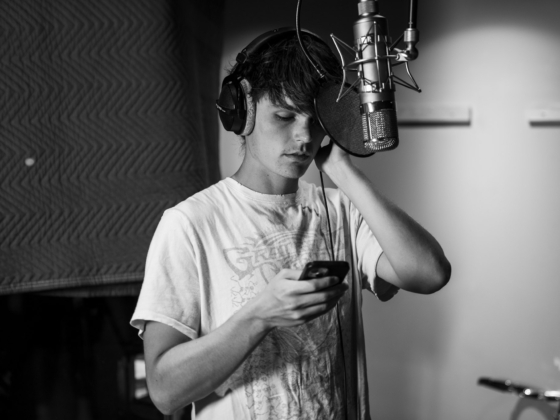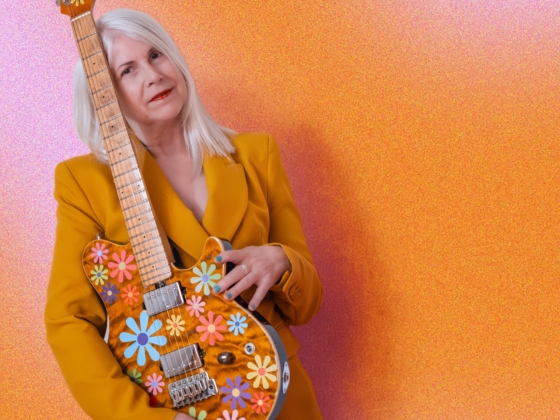Uly is using words I don't understand. To be clear, we're discussing astrophysics, so I'm forgiven for my ignorance. He's trying – patiently – to explain the research he wanted to pursue after obtaining his degree in the subject. "One of the things to pop out of Einstein's theory of general relativity is that big events in space – like black holes colliding – create jitters in space time. Which are these really, really big waves. However the jitters that you would see, or the actual shaking of space and time, is very tiny. I can't remember the exact scale, but it's very cool. And it's a burgeoning field."
Back on planet Earth, Uly, whose real name is Rafino Murphy, did a six-month internship at a physics lab in Japan before deciding he needed a break from academia. "The usual rite of passage is doing a postgraduate, getting tenure, and then doing some research. But that really didn't agree with me," he says. So, he returned to his native Ireland, got a job in a café, and taught himself how to play the trumpet (his first was affectionately named "Ella" – after Fitzgerald, of course). "The thing about discussing space and science," he says, "is that I feel like a fraud when people say, 'he's an astrophysicist-turned-musician!' because I feel like I discredit esteemed members of the astrophysical community if I say I'm one of them. I'm not – but I did do it for a bit."
The Dublin-based multi-instrumentalist has dabbled, musically speaking, in everything – from classical guitar to pop to hardcore – playing in various punk and metal-core bands around Ireland since before he graduated college. But releasing music under the Uly moniker allowed Murphy to hone his skills in areas of production and instrumentation he'd passed over before. Namely, he perfected that trumpet.
"I was so keen on learning how to play it and make it sound really nice, because it's the most obnoxious instrument in the world when you're learning," he laughs. "I was definitely determined to bypass that stage as quickly as possible, and stop subjecting my family to torture."
It's difficult to categorize Uly's lo-fi, soul-infused bedroom pop. Murphy produced the six tracks on his debut EP if you were a day, you'd be Sunday – songs to go walking to himself, working largely alone in his home. The resulting project is rife with an inescapable intimacy. Awash with warmth, if you were a day boasts impossibly tender horns that play against Murphy's gentle falsetto, the moving parts on the EP weaving around one another unassumingly. At different times, a bass line – or occasionally the twinkle of a piano – will peek out from the rest of the sonics to have their moment in the sun. And Murphy is smart enough to let the music lead.
"My general approach is never to start writing music because I want to say something," he reflects. "A lot of that comes after the fact. I work with my hands and my ears until a thing sounds nice. If that happens, I start forming a picture and an idea. Very rarely do I turn around and say 'I feel x, y, and z, and so I'm going to write.' Obviously writing music is cathartic, but that catharsis doesn't come until afterward, for me."
You’d think the ability to churn out bona fide gems with such prolificacy might affect Murphy’s humility, but the man appears to be devoid of any ego. And truthfully, he wouldn't be the artist he is today if the pendulum had swung in that direction. Talking to Murphy, I get the sense that he feels his creativity – and therefore productivity – is an ephemeral thing, something that might evaporate one day, never to be seen again.
Ironically, if you were a day was written shortly after he eradicated a nasty spell of writer's block by taking up surfing. "I've had bouts like that before, but never anything that bad," he reflects, his jovial attitude giving way to a heavy frown. "With this project, I'm the only one looking after the writing and the production, and it's all done in-house.
"I also work a full-time job, 35-40 hours a week and then I only have a small frame of time to write. Usually, I would only write once a week – on Sundays. You know, you can't just flick a switch and be like, 'time to write a banger!' You just have to be feeling it. I think 'Pak It In' was the last thing I did. I had emotional stuff going on. I went through a pretty bad breakup – not that all breakups aren't bad, but this one was particularly sticky. It all just contributed to this big negative feeling."
So, Murphy made a conscious decision to stop writing. "I started going on surf weekends with friends, and down to Killiney to swim." Out of the much-needed break came the start of a song called 'cold water', as well as Murphy's most somber track, 'that's no way to fly'.
"'That's no way' was a different approach to my songwriting process. I was writing on one of my first guitars, and spinning a lot of Jeff Buckley's Grace," he recalls. "As I started to get that little feeling there might be something interesting, I hit the record button. It was all off-the-cuff and improvised, about trying to be loose, instead of making too much of a fuss. The way I describe it is like a thread sticking out of a jumper – I had to pull it to see where it went. And that was my first day back."
Luckily, 'that's no way to fly' flew. Despite the obvious shift toward something darker, the track was incredibly well-received. "If there was something there, I wasn't going to question it,” he says. “I don't need to understand it. The important thing for me is that I feel it. If other people are feeling it, regardless of what the subject matter is, it's a big bonus.
"Sometimes I feel like I haven't got anything worth saying. Like, what do I have to offer that's of any use – to anyone? That's one of the things that wigs me out. But my rebuttal – when I'm having this conversation with myself – is that the feeling is the most important thing. I try to use my instruments in a way that makes people feel something, not necessarily because of what I'm saying, but the arrangement itself."
But I don't think Murphy needs to worry. With its breezy harmonies and diaristic introspection, if you were a day doesn't only have the intended effect on its unsuspecting listeners – it actually seems to go further, daring you to feel something.

